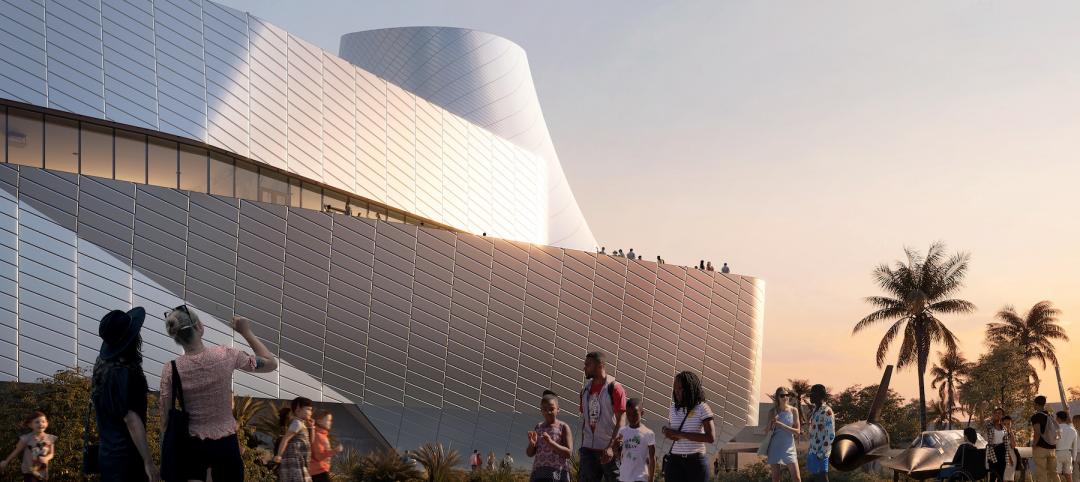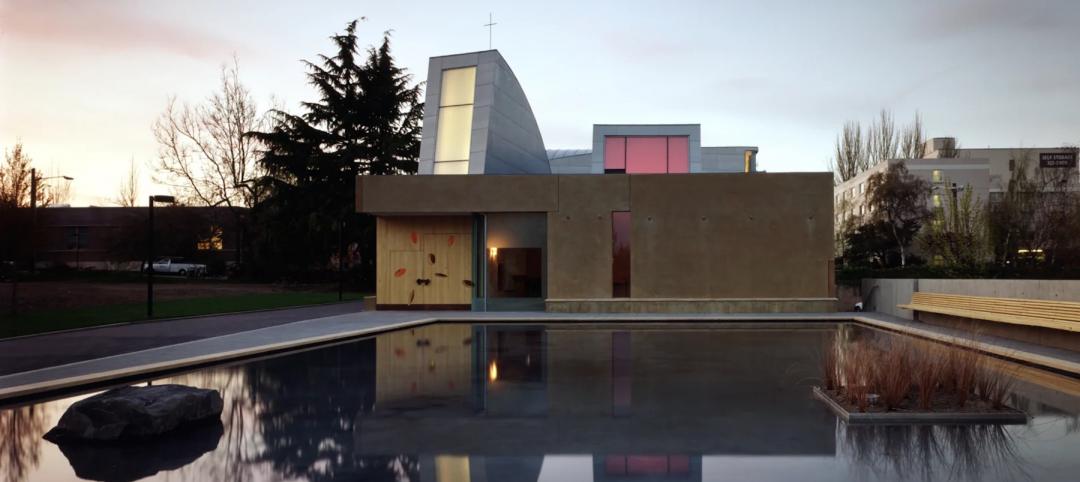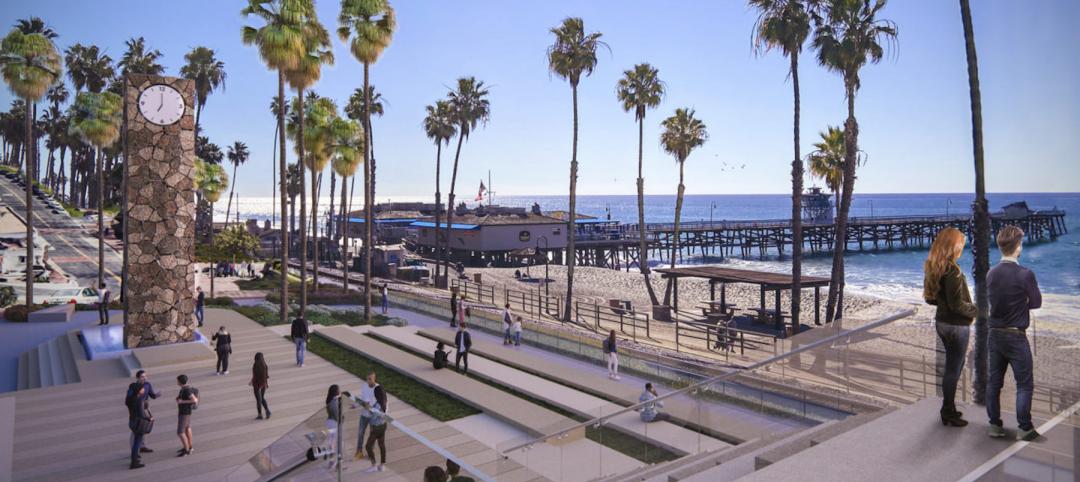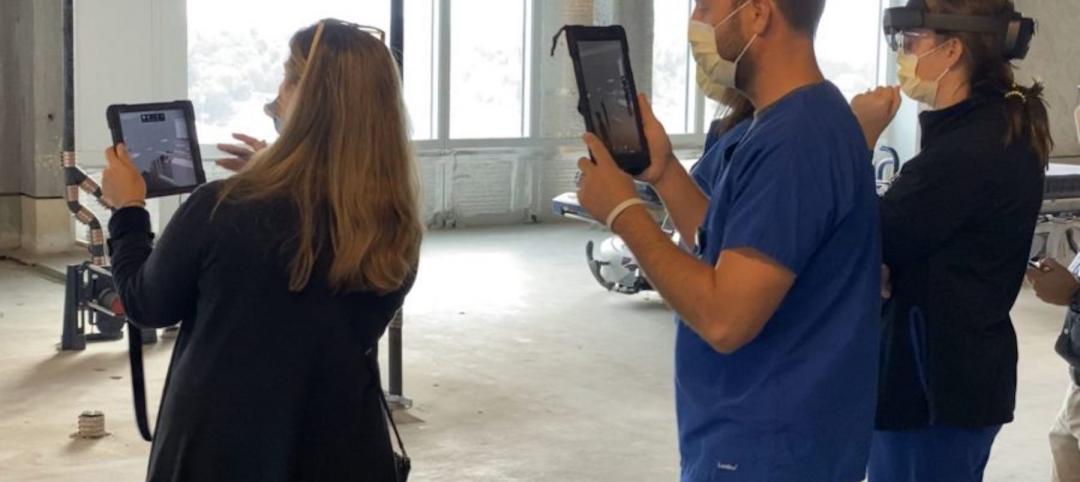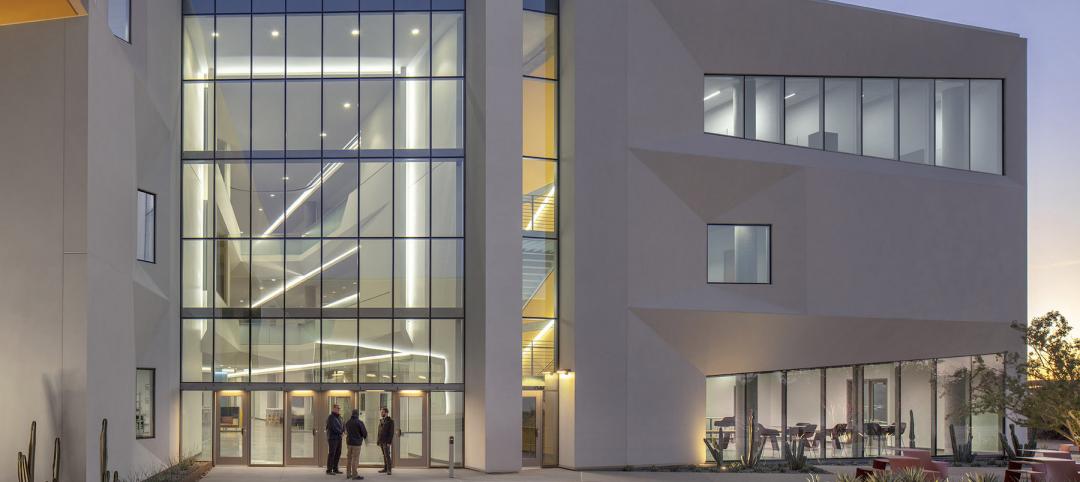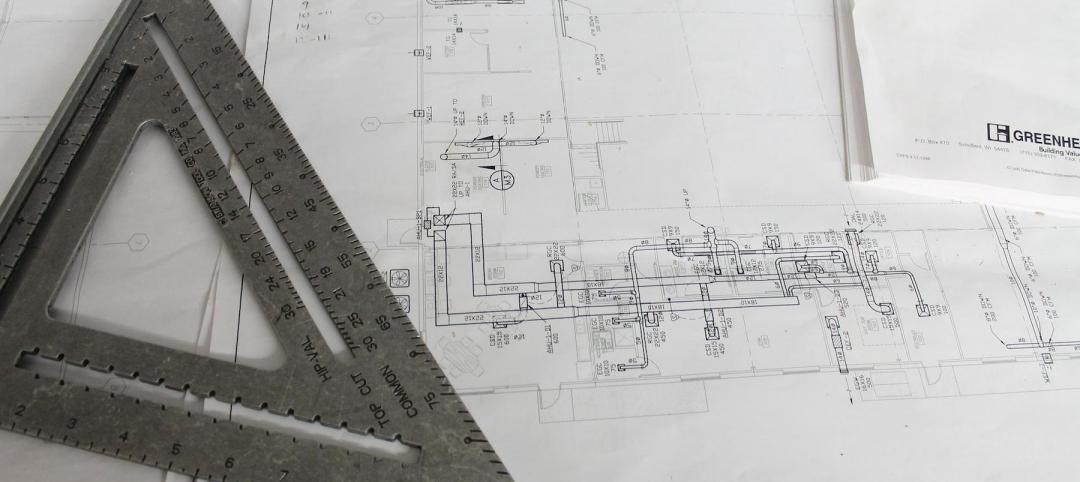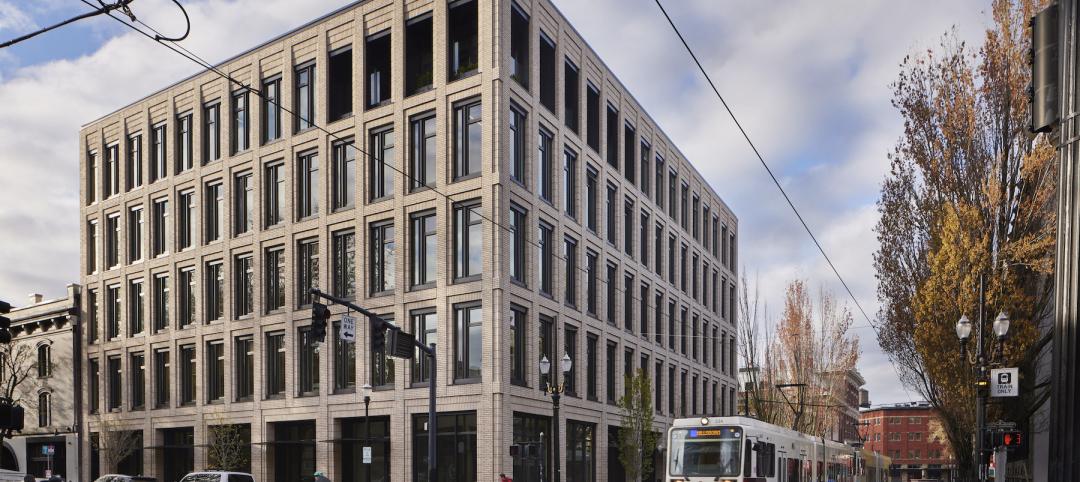Atkins announces that Joe Boyer will join the company as CEO of its North American region on March 18, 2013.
Boyer will join Atkins from Shaw Environmental & Infrastructure, Inc. in Austin, Texas, where he has held the position of president of its Federal division. He has managed multiple business lines since 2003, leading some of the United States’ largest and most important environmental and infrastructure projects.
Prof. Dr. Uwe Krueger, Atkins’ CEO, commented, “Mr. Boyer is a civil engineer by profession who has worked on some of the United States’ largest and most important infrastructure projects. He has a proven track record of leading organizations to growth and delivering high performance, which is why we have invited him to lead our North American region.”
Boyer studied civil engineering at the University of Texas and holds an MBA from Pepperdine University. Prior to his service at Shaw, he was chief operating officer of Asset Group, Inc. and vice president of Project Resources, Inc., both in San Diego, California.
He is married to wife Heather, and has two children, Kyle (12) and Jamison (10). They have enjoyed living in many states in U.S., with previous assignments in California, Connecticut, Massachusetts, Alabama, Mississippi, Louisiana, and Texas.
Atkins thanks Major General L. Dean Fox, USAF (Ret.), retiring North American CEO, for his dedication and service to the company over the past few years and wishes him happiness and success in the future.
Related Stories
Museums | Jun 28, 2022
The California Science Center breaks grounds on its Air and Space Center
The California Science Center—a hands-on science center in Los Angeles—recently broke ground on its Samuel Oschin Air and Space Center.
Contractors | Jun 27, 2022
Reverse mentorship: A model for the future of the construction workforce
Reverse mentorship can help seasoned professionals develop new skills, stay connected with younger generations, and gain future-forward insights for life and business.
Building Team | Jun 27, 2022
Chapel of St. Ignatius by Steven Holl Architects receives AIA’s twenty-five year award
The American Institute of Architects (AIA) is honoring the Chapel of St. Ignatius in Seattle, designed by Steven Holl Architects, with its Twenty-five Year Award.
Green | Jun 22, 2022
The business case for passive house multifamily
A trio of Passive House experts talk about the true costs and benefits of passive house design and construction for multifamily projects.
Building Team | Jun 22, 2022
Design for new San Clemente Marine Safety Headquarters would create new public plaza
A proposed design by HMC Architects for a new San Clemente Marine Safety Headquarters makes creative use of the seaside topography of the Pacific Coast.
Augmented Reality | Jun 22, 2022
Not just for POKÉMON GO anymore: how augmented reality is transforming architecture
By solving a long-standing communication problem, Augmented Reality (AR) is poised to make architecture quicker, nimbler, and more cost effective.
Healthcare Facilities | Jun 22, 2022
Arizona State University’s Health Futures Center: A new home for medical tech innovation
In Phoenix, the Arizona State University (ASU) has constructed its Health Futures Center—expanding the school’s impact as a research institution emphasizing medical technology acceleration and innovation, entrepreneurship, and healthcare education.
Market Data | Jun 22, 2022
Architecture Billings Index slows but remains strong
Architecture firms reported increasing demand for design services in May, according to a new report today from The American Institute of Architects (AIA).
Green | Jun 22, 2022
World’s largest commercial Living Building opens in Portland, Ore.
The world’s largest commercial Living Building recently opened in Portland, Ore.
Multifamily Housing | Jun 21, 2022
Two birds, one solution: Can we solve urban last-mile distribution and housing challenges at the same time?
When it comes to the development of both multifamily housing and last-mile distribution centers, particularly in metropolitan environments, each presents its own series of challenges and hurdles. One solution: single-use structures.



